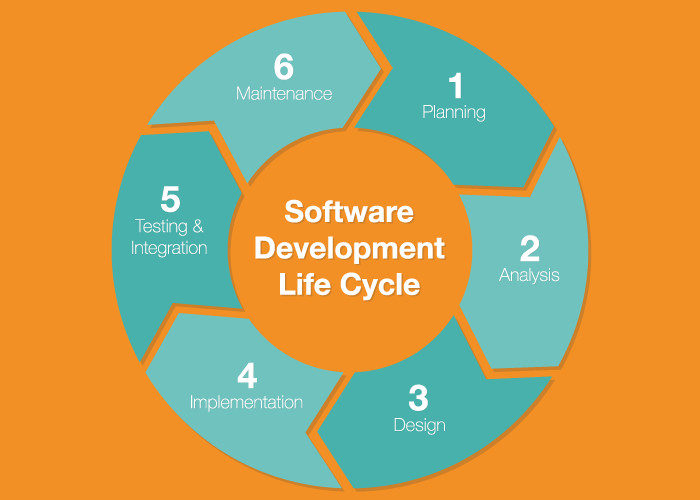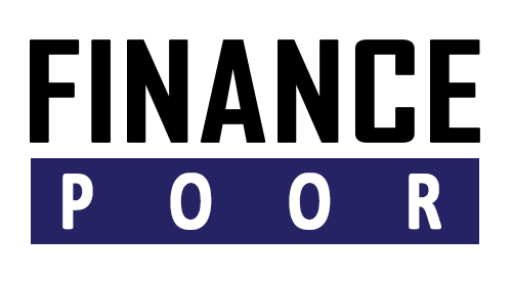Which of these statements is correct about roles in a business process generally?
- A) All activities of an organization are made up of roles, which have different names but are all associated with the activities of that particular activity.
- B) An individual can be attached to only one role, or to multiple roles.
- C) If the name of a role is not written at the beginning of the process, it is assumed to be an existing role.
- D) In some organizations, there is no requirement for members to identify themselves or know what the specific role is.
Let’s see what each of these scenarios tells us about our perceptions and attitudes toward roles in a business process modeling organization.
In the first scenario, all activities in an organization are associated with one particular role, which is called the Admin Officer. The Admin Officer is responsible for performing the basic functions involved in the formulation and maintenance of procedures, policies, records, and orders. He is also responsible for enforcing regulations and procedures, resolving conflicts, and maintaining accurate accounting records. He may be in charge of marketing and technical matters or he may simply be in charge of writing up procedures. In this case, it would be accurate to say that his job is to perform the basic functions necessary to keep the business going.
We now proceed to the second scenario. In this example, we imagine a software developer who is responsible for adding new modules and/or extending the functionality of already-existing modules. The developer is involved in all elements of the conception, planning, designing, implementing, testing, maintenance, and expansion. The developer is responsible for conceptualizing the requirements, conceptualizing the modules, organizing the modules according to the business processes they will support, and then developing and implementing those modules according to the specifications of his clients. With that in mind, the developer is considered the role model for all business process modeling and software development companies.

We can conclude that the third role, that of the coordinator, is the most important one because it involves the widest range of activities. At its core, the coordinator is responsible for defining the entire scope of activities necessary to keep the business processes running smoothly. In addition to being in charge of broad tasks, such as conceptualizing, planning, organizing, implementing, and monitoring, he also must be in charge of composing the detailed report, which includes all findings, interpretations, and recommendations. The coordinator not only acts as a leader in business process modeling and software development, but he also plays a key role in interpreting and disseminating the findings of the studies conducted at international conferences. The research efforts of the coordinator, as indicated by the title of this article, have provided a foundation for much literature on understanding, measuring, and communicating the results of organizational researches.
The fourth role, that of the implementor, concerns the systematization of organisational methods. The literature on these subjects will no doubt mention examples such as Ford, Wal-mart, AT&T, and Enron, each of which possesses a predominant role to fulfil in the overall task of organisation. However, different models of management have different views on what implementors should do.
The first sentence of this article refers to “a particular role in a business”.
This is followed by “any one of those roles”. Now, let us add the words” Swim lane” to this sentence to get” Swim lanes in the general scheme of things”. According to this view, the person who would be considered the implementor is someone who has the authority to decide what to do with the swimming lanes in the general scheme of things. The other roles are someone who designs the layout of swimming lanes, someone who carries out the construction work, and someone who monitors and ensures that everything goes according to the plan.
